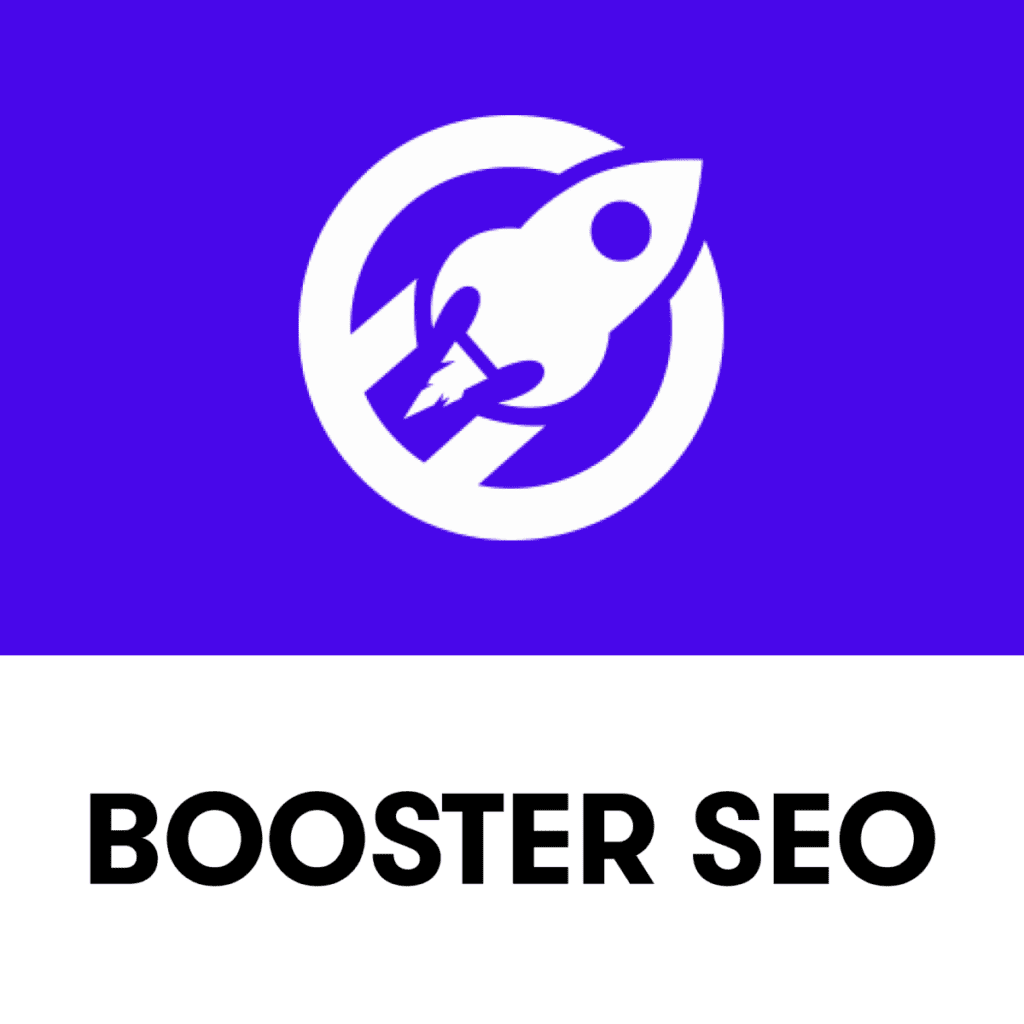
(1,268)
Developed By : Booster SEO
Have you ever abandoned a website because the product page took too long to load? We understand the frustration, which is why we developed this app to address this issue and help merchants prevent lost sales. Our app utilizes browser preloading technology to preload pages in the background when customers hover over a link, resulting in significantly faster loading times. With this app, you can experience up to 3 times faster 2nd page load times. By improving page speed, you can enhance add-to-cart conversions.
Hello, eCommerce Store Owner Since you’ve explored this far, we’d like to introduce you to our top three recommended Shopify app articles.
These can significantly enhance your store’s performance:
Dive in and discover tools that can elevate your eCommerce journey!
✅ AI Shopping Assistant For Shopify Stores
✅ No-Code AI Bot Builder
✅ Train Ai Bot On Your Shopify Stores
✅ Unified Shared Inbox for effortless team collaboration
✅ No Code Multiple Integrations
✅ Shopify help desk & live chat app




It’s a fact! Desku is way ahead in terms of offerings and value.

